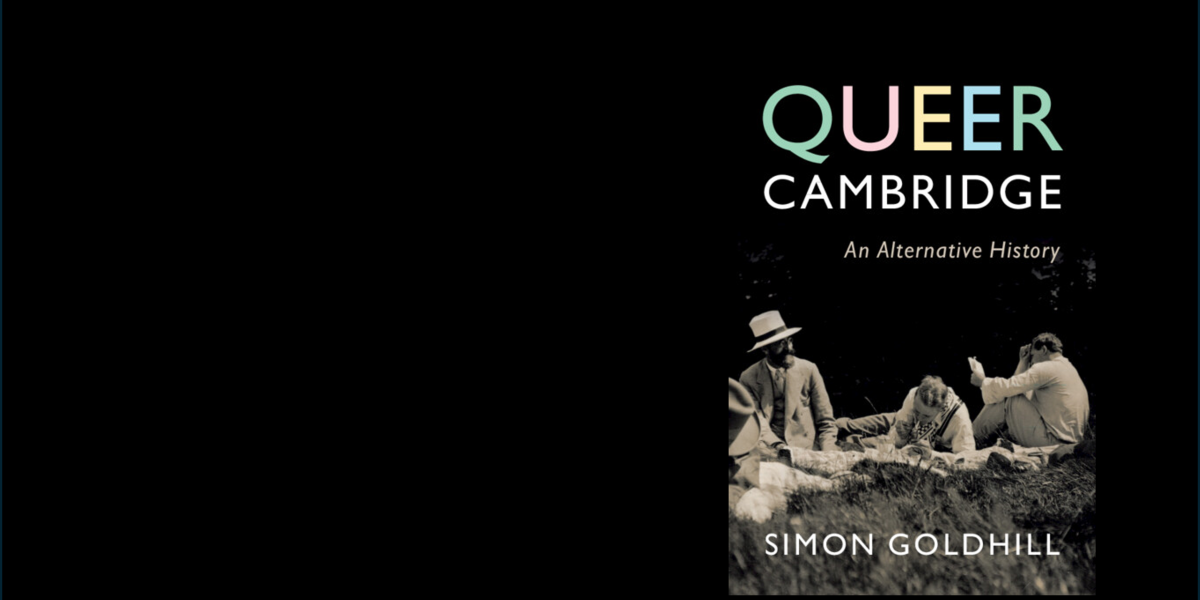
Queer Cambridge: A Legacy of Pride and Community
In February, Cambridge Classics Professor Simon Goldhill published his book, Queer Cambridge: An Alternative History. The book represents a journey that both astonished and intrigued him. Because, what began as a plan to write a one-page blog post about a little-known coincidence that occurred decades ago at King’s College, led the professor to discover something extraordinary, an enclave where gay men lived openly and authentically at a time when doing so was illegal and unacceptable to the general public. In essence, he discovered and chronicled a century of queer life at King’s College, which included celebrated figures such E. M. Forster, M. R. James, Rupert Brooke and Alan Turing. Professor Goldhill spoke to us about his book, its revelations, and the lessons he hopes to convey in bringing this part of Cambridge history to light.
What inspired you to write this book?
I discovered that there were three gay men, all of whom were major Edwardian figures, who had lived in the same room in the college, one year apart. And I thought that's amusing enough. I'll write a one-page blog for the college magazine. Being a good academic, I did my due diligence in the library and discovered that they weren't just these three men. There were loads of people, and there were loads of information, and some of it was incredibly interesting. And what emerged was a picture of a community, a community of people who knew that they desired men and they were men. They knew that they were transgressive by the standards of society, and indeed, from 1880 onwards, illegal in terms of society. But they continued to live in Kings, and they lived as a community over a long time.
Why was it important to you to surface this story now?
I wanted to tell the story of this community and try to work out, how is it that a community of people who were gay could live in an open secret at a major institution in Britain throughout a period when it was illegal [to be gay], and continue not only to live there, but to make major impacts on society all around them. It was that combination of a community, a community that exists over a long time in the same place, 100 years plus, which had a big influence outside the community. It seemed to me that there was nowhere like that in the world in terms of gay history.
And then there's also politics. America has not become more tolerant in the last few months in terms of looking at other people and looking at differences. And it seemed to me that there was a real message about liberal tolerance and generosity towards people who are different from you that was worth getting out there.
What do you hope readers interested in exploring the ideas in your book, especially during Pride Month, will take away from it?
What I rather loved about the people I was encountering at King’s, was that most of the general atmosphere was, ‘oh, you're different from me. How interesting. Let's talk about it. Let's find out why, and let's find out what the differences are.’ And that sense that if you meet people who aren't like you, your duty is to find out about them and care about them, not to put them down or shout about them or say you're not like me, so go away. Having a sense of openness to difference Is incredibly important. It's generous, it's open, and it's different. So those three words are very, very important, and I love that.
